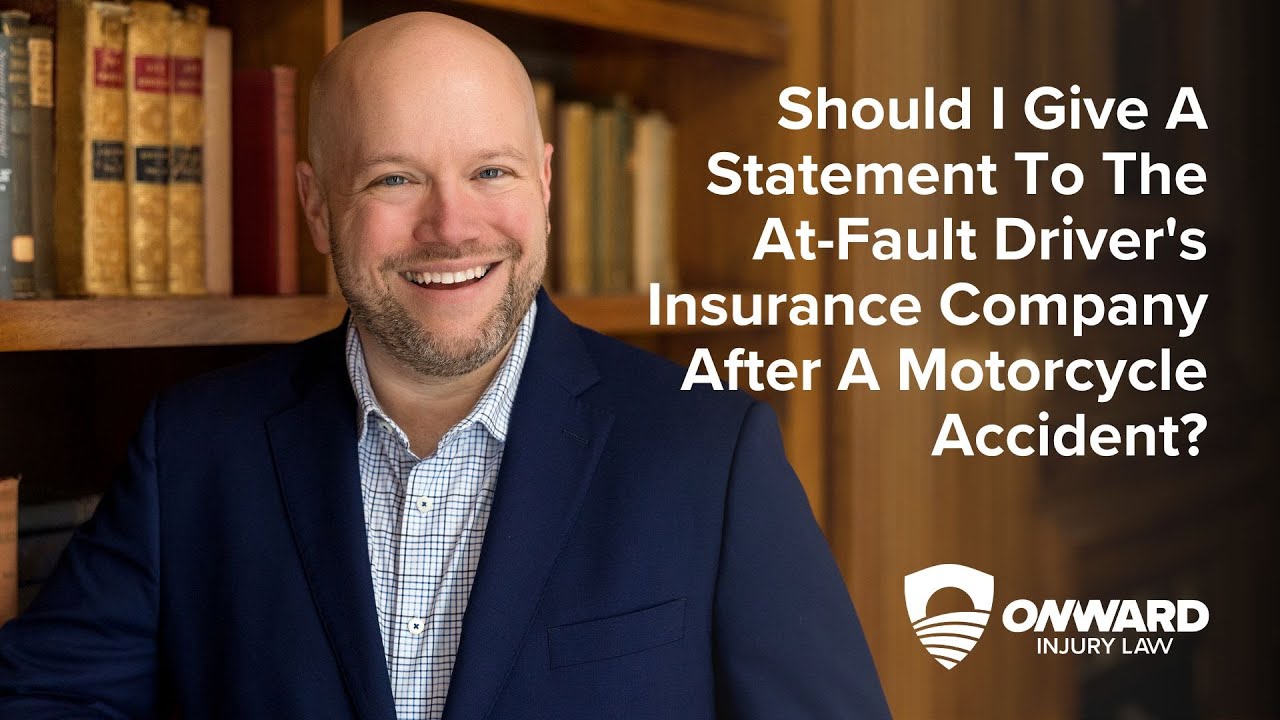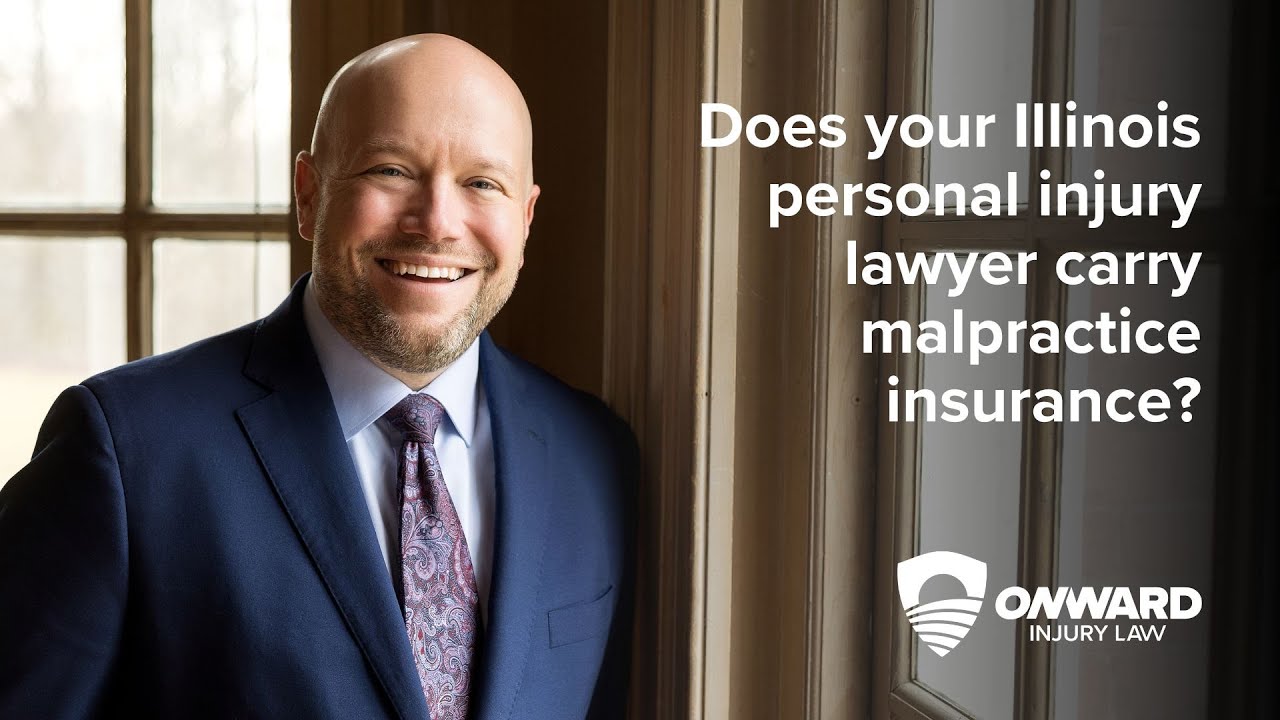The At-Fault Driver’s Insurance Company Wants a Statement — What Do I Do?

You’ve been in a car or motorcycle accident, and the at-fault driver’s insurance company wants a statement. This is typical in the first 24 to 48 hours after they’ve been made aware of your accident.
But do you have to answer questions from the insurance company? Should you agree to give a recorded statement?
The answer is: No.
You are under no legal obligation to make any kind of statement to the at-fault driver’s insurance company. In fact, the insurance adjuster’s goal in collecting your statement is to protect and benefit the insurance company – not to help you.
If you’ve been in a car crash, your best resource is going to be an experienced personal injury lawyer at Onward Injury Law who can handle all the legwork— including speaking with the other insurance adjuster on your behalf.
Why Do Insurance Companies Need a Statement?
Why is the insurance adjuster calling you at all? What they’ll tell you is that they need your statement in order to get some background information about the car accident and the auto insurance claim “for the file.”
While this may be true, what they’re really trying to do is determine who was at fault for the accident and if any or all blame can be placed on you. Insurance adjusters are well-trained in getting admissions from people that can undermine their case or diminish the settlement value.
They’ll sometimes even call while you’re still in the hospital, being treated for serious injuries, and still on pain medication and out of it. Trying to take your statement when you’re vulnerable is incredibly inappropriate.
If you or a loved one have suffered injuries in a motorcycle accident, car accident, pedestrian accident, or some other type of auto collision, you can decline to speak with the insurance adjuster until you’re back on your feet.
Better yet, if you’ve suffered serious injuries, employ the use of an experienced personal injury attorney to speak with them on your behalf.
How Do Insurance Companies Decide Who is at Fault?
Insurance adjusters work for the insurance company and are tasked with gathering as much intel as possible concerning the auto accident in question.
The information they collect may involve the following:
- Police reports
- Photos of vehicle damage
- Evidence from the car crash
- Interviews from witnesses and the parties involved in the accident
Before they’ll pay out a settlement, car insurance companies need to figure out who’s fault the accident was, and these methods help them figure out how much fault falls on their own driver.
What Questions Do Insurance Investigators Ask?
The questions that will be asked in an interview with the insurance adjuster have to do with determining who was the at-fault driver for the accident and how low of a settlement the insurance company can get away with.
- Can you describe the incident from your point of view?
- Was there anything you could have done to avoid a collision?
- What type of damage did the vehicles incur?
Other questions will have to do with your injuries:
- Did you receive any emergency treatment at the scene?
- What were your injuries?
- Have you received treatment since the accident occurred?
- Did any prior injuries resurface due to the accident?
These may all seem like innocent questions that are being asked just to get a good picture of what happened, but the insurance adjuster will use any answers you give to undermine the validity of your claim.
What Should You Not Say When Making an Insurance Claim?
There are a few things you shouldn’t say when making an insurance claim for your personal injury after a car accident. If the insurance company asks to speak with you, make sure you…
- Never agree to being recorded
- Never admit fault
- Never describe the injuries you’ve incurred
- Never guess or speculate about the events of the accident
- Never say you’re not hurt or downplay your injuries
How Long Does an Insurance Company Have to Settle a Claim in Illinois?
Once you file a personal injury claim with the at-fault party and your own insurance company, the insurer is required to communicate with you using “reasonable promptness.” They must perform their investigation quickly and confirm or deny their liability in the incident within a reasonable timeframe.
If they take responsibility for the damages in any insurance claims, they have 30 days to issue a settlement check.
Turn Off the Midwest Nice… Just for a Minute
Here in central Illinois, we have a lot of people who automatically cooperate on these calls from insurance adjusters, just out of basic Midwestern politeness. Remember, though, that it is never in your best interest to give recorded statements to the driver’s insurance company of the other driver after a car accident.
Let an Experienced Personal Injury Lawyer Handle the Insurance Company
Insurance companies are pros at protecting their own interests. Getting a recorded statement from you is just one method adjusters use to try to diminish the value of your case. They might claim that they can’t make you a settlement offer if you don’t make a statement. Maybe they’ll say they can’t even evaluate your case without it.
That’s simply not true. It’s nonsense.
If you’re being contacted by the other driver’s insurance company and you’re not sure what to do, you need the legal aid of an experienced car accident lawyer to advocate for you and get you a fair settlement. Get a free consultation from Onward Injury Law today.



